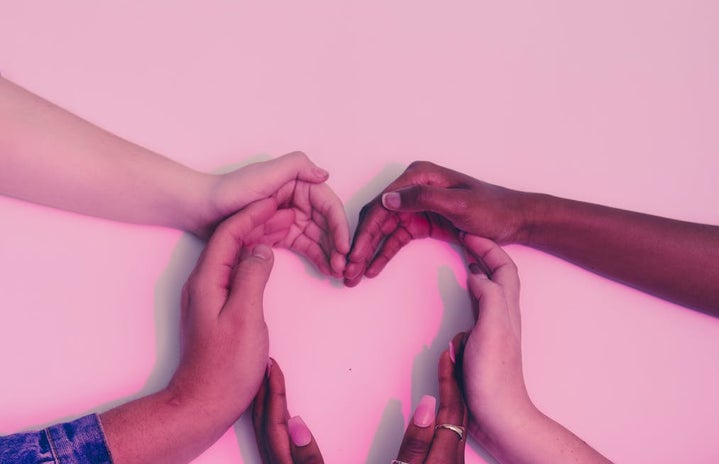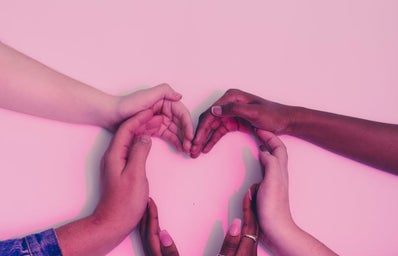Since I started university, I’ve tried to take a moment each year on International Women’s Day to truly reflect on how far we’ve come in society so that women and female-identifying individuals are able to work, vote, study, and follow their passions. It is not without the work of incredibly courageous figures throughout history who fought for equality in society that women are able to be viewed as more than second-class citizens. It is their stories that inspired me to follow my passion for human rights and study gender and social justice, and while I know there is much work to still be done so that the phrase “feminist” is less taboo, I can recognize I have the privilege to study my passions in a university due to the work of so many important women before me. In my studies, I’ve come across many inspirational activists and theorists who have had notable and important work, but the following are a couple who have stayed with me, and I hope they will show you what International Women’s Day means to me.
- Sojourner Truth
Sojourner Truth was an activist focused on abolition and achieving equality for women and African Americans. After being born into slavery, Sojourner Truth escaped with her daughter and later became the first Black woman to win a custody case in court against a white man when she fought to recover her son. At the Women’s Convention of 1851 in which the suffrage movement was working towards getting women the right to vote, Sojourner Truth delivered an incredibly powerful speech later referred to famously as the Ain’t I a Woman? speech. In this speech, Sojourner Truth discussed the treatment of Black women in comparison to white women and the lack of respect she has been given despite working and achieving the same things as her white peers. This speech formed the basis of intersectionality before it was officially termed and was highly influential in the work of abolitionists and feminists in working towards equality for all women, not just white women as it had been earlier.
- Tarana Burke
When you think of the #MeToo movement, it’s likely you may think of the many Hollywood actresses and actors who came forward to share their stories of sexual assault to inspire others to share and provide community to the many survivors. While this is a large part of the furthering of the movement, it’s crucial to remember Tarana Burke who founded the movement as a non-profit organization for young girls who have experienced sexual assault. Burke has worked to bring forth legislation and policies in the government as well as in schools and workplaces that recognize and bring justice to victims. She was also a part of “the silence breakers”, honoured as the Time Person of the Year in 2017 for the work the #MeToo movement has done for survivors around the world.
- Janet Benshoof
Janet Benshood was an inspirational human rights lawyer who focused primarily on the work of women’s reproductive rights and equality. Her work helped get emergency contraceptives approved by the FDA for use and she worked to pass international rape laws, but most notably she founded both the Center for Reproductive Rights; which has worked to expand reproductive and abortion rights laws across the world, and Global Justice Center; an organization focused on gender equality laws, especially during war and conflict. Janet has formed a legacy in helping achieve equality in accessible healthcare around the world and the work her organization continues to do is more important than ever with recent legislation taking away women’s reproductive rights.
- Gloria Steinem
Gloria Steinem is known as one of the leaders of the second wave of feminism: a broader period in the movement which aimed at tackling a number of important issues pertaining to women’s rights and equality in many areas of life; including in healthcare, politics, family life, the workplace, and more. Gloria fought for many of these issues and established foundations to help women hold government positions and find career opportunities, which furthered women’s equality in public roles. Steinem also co-founded Ms. magazine, a publication which offered a space for women to discuss feminist issues and voice their life experiences to audiences. Above all, Gloria has utilized the platform she has earned to bring many important issues pertaining to women and LGBTQ+ identifying individuals to the government which has helped increase awareness and create legislation to institute real change.
The bravery and courage of these women struck me, and I believe that these characteristics are incredibly relevant to what International Women’s Day is all about. So be sure to take a minute this year to remember that you are strong, powerful, and capable of doing absolutely anything that you put your mind to just as the many women before you have done.


